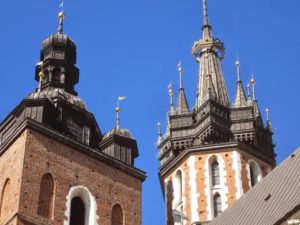Here’s a trick question my husband asked me tonight. Give yourself no more than 20 seconds to answer.
How many dancing monkeys fit on the head of a pin? (scroll down when ready.)
If you answered none – as I did – you would have been wrong. The real answer, if you’re a critical thinker is not an answer but a responsive question. How big are the monkeys, and how big is the pinhead? Until you have more data you can’t answer.
I thought about this, and really, the concept applies to problem-solving or analytical thinking on any level, as well as in the context of telling stories. A good storyteller has to ask critical questions as well – if you want to get it right. Could this have happened the way Henry said? By including so much history of a time and place few of us experienced (unless you’re 80+ years old) it helps me, and hopefully it helps the reader think about the two most questions in history: How, and Why did things happen. History is more than timelines and battles – it is people.
I never set out to learn so much about Poland. I just wanted to tell the story of a fascinating gentleman I met quite by accident, and who I became good friends with. After my first attempts at writing about Henry, I realized I needed data, facts and history to be credible. My learning continues – the more I learn, the more I want to learn. Thus his story has become a sort of ‘memoir on steroids.’
I truly am an American meeting Poland one story at a time.
Photo taken October 2013, of the twin towers of St. Mary’s church in Krakow. It’s one of my favorite pictures from Krakow.

